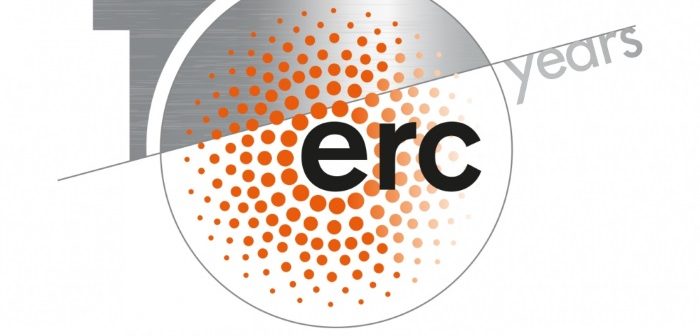At the turn of the century, the idea of a European research programme that would focus entirely on scientific excellence, ignoring political or geographical considerations, seemed to many to be a fantastic pipe dream of the academic community.
However, in 2007, that dream became reality with the launch of a European Research Council (ERC). The ERC was the most radical innovation in European research policy since the birth of the framework programmes in the 1980s. The European Commission accepted the evidence for scientific autonomy and the need for an absolute focus on scientific excellence.
Ten years later, the ERC has been a story of substantial success. It has funded almost 7000 fundamental research projects leading to major scientific advances, discoveries and a significant change in the international standing of European research.
JIC and TSL have been part of this success story, winning 20 ERC grants worth more than €30m. The world-leading science of more than a quarter of all Project Leaders at JIC and TSL has benefitted from ERC funding. Most of these scientists, at the pinnacle of their scientific fields, are not British and consider the ERC to be part of the international attractiveness of the UK as a destination for the “brightest and best” researchers.
Four of these scientists tell their stories in a short video, commissioned specially to celebrate the ERC’s 10th anniversary:
[youtube http://www.youtube.com/watch?v=qEgjYaMG0tQ&w=640&h=360]
Dale Sanders, Director of the John Innes Centre said “Ten years ago, the European Research Council (ERC) was a completely new idea with the potential to transform the research policy landscape in Europe. The scale of its success since 2007 has surprised even the most optimistic Europeans, myself included. Its impact on the John Innes Centre has been significant. ERC grants have a played a key role in attracting the best and brightest scientists to Norwich”
Cyril Zipfel, Head of The Sainsbury Laboratory said “The ERC has put Europe at the forefront of discovery science globally. Its emphasis on excellent science and excellent scientists has made a very substantial impact on the quality of leading-edge research in Europe and has undoubtedly strengthened the attractiveness of Europe as a destination for the brightest and the best researchers. As a major external funding source, it has massively contributed to TSL’s scientific success in the past 10 years”




